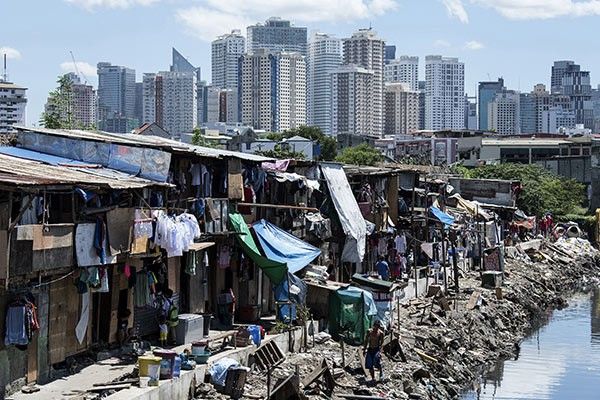Philippine economy at risk of overheating, World Bank says

MANILA, Philippines — Although the Philippine economy is one of the top three growth performers in the region, it faces several domestic risks such as overheating, higher inflation and climbing fiscal deficits, the World Bank warned on Monday.
In its Philippines Economic Update, the World Bank said that the risk of an overheating economy is increasing in an environment of growing fiscal spending and continued high credit growth.
“There are several domestic risks facing the Philippines, including higher inflation, an overheating of the economy and high fiscal deficits,” said the report.
Despite these risks, the medium-term economic outlook for the Philippines remains positive as the economy is expected to grow at an annual rate of 6.7 percent in 2018 and in 2019, the report said.
The report noted that the economy was growing at its potential rate and all major industries were operating at near full capacity.
“Moreover, unemployment reaching record lows in recent years, signaling less spare labor capacity, although underemployment remains high,” the report said.
Inflationary risks are rising due to external and domestic factors, the World Bank report said, with global commodity prices inching upward and the Philippine peso depreciating further in 2018.
The recently passed tax reform law will also contribute to an increase in domestic prices, the report said, as it could increase demand owing to higher worker take-home pay and raise transportation and energy prices due to the higher excise tax on fuel.
The World Bank also warned against possible disruption in exports and economic growth due to the rising tide of protectionism and a looming trade war between major economies abroad.
Although higher tariffs by the US are expected to have limited impact on Philippine exports, the report said: “Since the Philippines is connected to the global production chain, especially through its intermediate electronics export, an adverse trade policy against neighboring countries could eventually have an impact on the Philippines.”
Increasing policy uncertainty in global markets meanwhile is the key external risk facing the Philippine economy as a faster-than-expected normalization of policy rate by the US Federal Reserve could result in tighter financial conditions and heightened financial market volatility, the World Bank said.
“The medium-term economic growth outlook for the Philippines remains positive,” the Philippines Economic Update said.
It noted that the economy was currently growing at its potential, making investments in physical and human capital essential for the continuation of the growth trajectory.
The report also stressed that more could be done to create high-quality jobs and achieve a faster growth of real wages, two links it said were needed to achieve higher shared prosperity.
“Investing in the future means prioritizing investment in both physical infrastructure and human capital, such as in education, skills and health, will create better employment opportunities, especially for the poor,” it said.
- Latest
- Trending




























